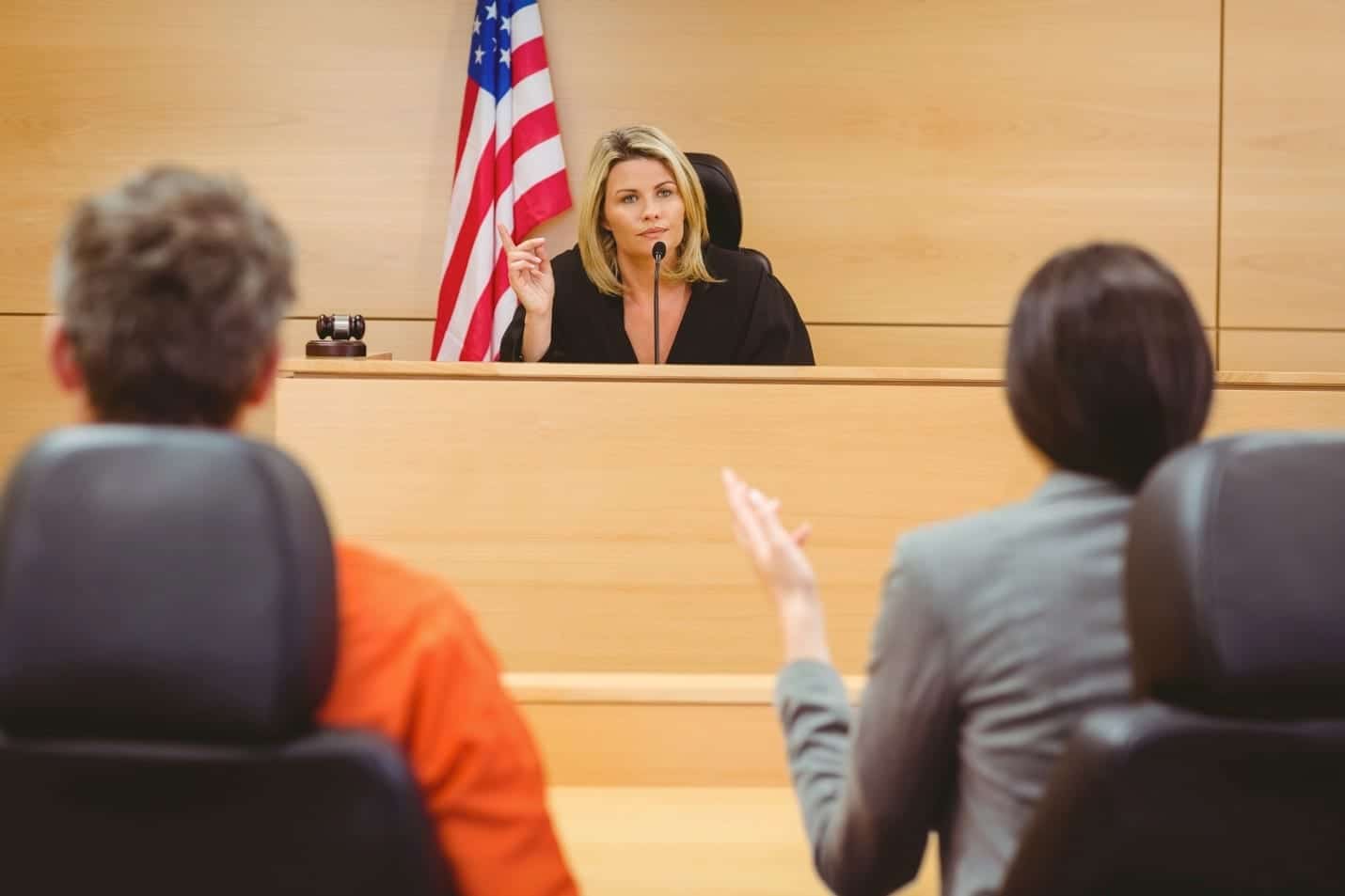If you’re charged with assault in North Carolina, you could be facing a misdemeanor or a felony depending on the circumstances of the supposed crime.
A simple assault is the most basic type of assault. Someone commits simple assault if they unlawfully touch someone or perform a show of violence. A show of violence means that someone threatens violence without necessarily acting on it.
For example, if someone raises a fist like they are going to hit you, but they don’t actually hit you, that is a show of violence. So it’s important to realize, under this definition of assault, that someone doesn’t actually have to make contact. They just have to threaten to do so.
This may seem ridiculous and over the top, but unfortunately it is the law. And you need to take it seriously, because simple assault is a class 2 misdemeanor. If the defendant doesn’t have any prior convictions, it is punishable by probation and 1 to 30 days in jail. If the defendant does have a prior conviction, the jail sentence could be extended up to 60 days.
Simple assault can be elevated to a class 1 or 1A misdemeanor, punishable by 1 or up to 120 days in jail, if the defendant:
- Caused serious injury
- Used a deadly weapon
- Committed an act of domestic violence
- Committed sexual battery
- Was an adult male and assaulted a woman or child under age 12
- Assaulted a state employee, school employee, or sports official
Felony assault is assault with a deadly weapon with the intent to kill and/or that causes serious injury. For felony assault, a defendant could be looking at anywhere from 15 to 98 months in jail depending on the severity of the crime.
Defending Assault Charges
If you’ve been accused of assaulting someone, regardless of whether the crime is simple assault or more serious assault, you it can affect all aspects of your life. For the best chance at beating your charges – or at least minimizing the penalties you incur – discuss the circumstances of your case with an experienced North Carolina assault attorney.
He or she who will be able to determine the best defense to get your charges reduced, dismissed, or dropped. Common successful defenses against this type of charge include:
Self defense. Self-defense is one of the most-used strategies in assault cases. With this defense, you are saying you were the one attacked instead of being the attacker. When you were defending yourself or someone else from injury, you used a reasonable amount of force to stop the attack. So although you did use force against another person, it was justified.
In order to prove this defense, you will need to have some kind of evidence to prove the supposed victim acted first and you felt your safety was compromised. You will also have to prove the amount of force used was appropriate for the situation.
Misidentification. Sometimes, people are accused of a crime they didn’t have anything to do with. This is often the case when the victim has misidentified a defendant.
If you didn’t commit the crime and weren’t anywhere near the crime scene when the incident took place, you could use the alibi defense. With this defense, you will need to have evidence that proves you were in a different location at the time of the crime, casting doubt that you were even involved at all.
Consent. If you and the alleged victim consented to engage in behavior where an injury was foreseeable, your charges could be dropped or reduced because the incident that led to the assault was consensual. For this defense to work, you will have to show the jury that you and the other party agreed to a fight or the harmful behavior in question.
About the Author:
Attorney Mike Schlosser represents victims of personal injury, those charged with a crime, as well as those facing traffic charges. A former Guilford County, North Carolina District Attorney, Schlosser has been in private practice at the Law Firm of Schlosser & Pritchett since 1983 and has been a member of the North Carolina State Bar since 1973.









